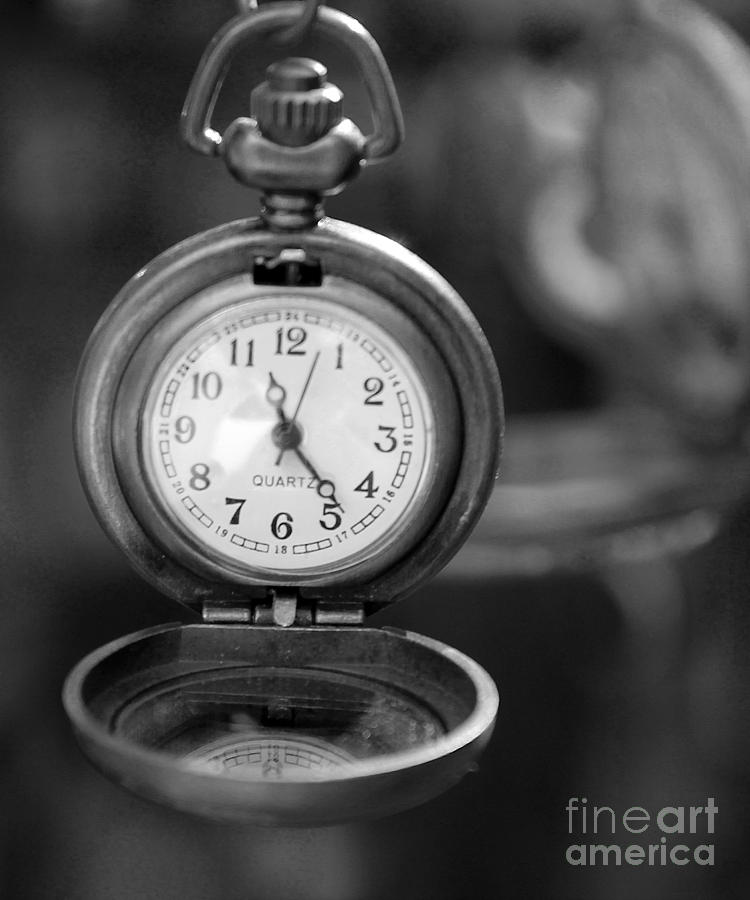
Studying memory in naturalistic settings has also exposed some fundamental theoretical questions that were previously ignored: When participants are given an artificial memory test (e.g., a list of word pairs), it is easy to say when memories should be stored and retrieved (they should be stored during the “study phase” and retrieved during the “test phase”), but the real world is not conveniently divided up into “study phases” and “test phases”-there is just continuous experience, and the field of memory research is just beginning to grapple with the question of when encoding and retrieval take place in the wild. Naturalistic stimuli engage the brain to a stronger extent than sparse and artificial stimuli 5 and allow us to study how memory is used "in the wild", outside of situations where our memory is explicitly being tested. This kind of naturalistic learning has recently received more attention in the investigation of our memory system 1, 3, 4.

Consequently, when we listen to a story that we have heard before, we can often recall what is about to happen from memory. When meaningful content is presented in narrative form, we are able to absorb a substantial amount of information in one shot, that is without repetition or rehearsal 1, 2. These results provide insight on a fine-grained temporal scale into how episodic memory encoding and retrieval work under naturalistic conditions. When listening for a second time, information flow from hippocampus to cortex precedes moments of predictive recall. Event boundaries are linked to information flow from cortex to hippocampus. This neural measure correlates with behavioral measures of event segmentation and learning. We demonstrate predictive recall of upcoming information through neural responses in auditory processing regions.

We then track mnemonic information in high frequency activity (70–200 Hz) as patients undergoing electrocorticographic recordings listen twice to the same story. Here, we first confirm in behavioral experiments that participants can learn about the structure of a story after a single exposure and are able to recall upcoming words when the story is presented again. This naturally occurs when listening to a story, however it remains unclear how and when memories are stored and retrieved during story-listening. Humans form lasting memories of stimuli that were only encountered once.


 0 kommentar(er)
0 kommentar(er)
